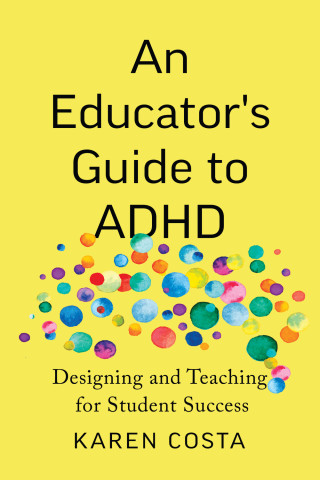
Reviews
This volume would be a helpful teaching tool for clinicians who want to think carefully about how various approaches might shape their favorite clinical paradigms.
Like language, we may need to be reminded of the unobstrusive infrastructure on which stories are built. For this reason alone, Lewis's book is very much welcome.
Narrative Psychiatry is an important book, offering critical insights to both clinicians and to humanities scholars as to how their world views, their knowledge, and their methods work together to 'open the door' to a more nuanced practice of psychiatry.
Lewis has captured and articulated a method of working with patients that is at once intuitive to seasoned practitioners, while also directing them to novel areas of thinking about and working with patients.
This fascinating book throws new light on the potential of psychiatry to help patients navigate today’s complex world. Lewis offers practical and effective ways to incorporate therapies that—while not denying the merits of pharmaceutical remedies—can draw on the immense benefits of helping patients build narrative accounts of their lives.
Lewis achieves a dazzling unity of the sciences, the stories, and the craft of the human search not only for health but for meaning. What a doctor he must be, to face the suffering, to recognize the one who suffers, to bring to bear on that suffering a bounty of knowledge within a wealth of frames. This book not only opens doors for a discipline; it speaks to all of us of freedom.
Book Details
Preface
1. Listening to Chekhov
2. Narrative Medicine
3. Narrative Approaches to Psychotherapy
4. Narrative Approaches to Psychotherapy
5. Mrs. Dutta and the Literary Case
6. Mainstream Stories I
Preface
1. Listening to Chekhov
2. Narrative Medicine
3. Narrative Approaches to Psychotherapy
4. Narrative Approaches to Psychotherapy
5. Mrs. Dutta and the Literary Case
6. Mainstream Stories I: Biopsychiatry, Cognitive Behavioral Therapy, and Psychoanalysis
7. Mainstream Stories II: Interpersonal Therapy, Family Therapy, and Humanistic Therapy
8. Alternative Stories: Spirtual Therapy, Expressive Therapy, and Cultural, Political, and Feminist Therapies
9. Doing Narrative Psychiatry
10. Critical Reflections
Appendix: "Mrs. Dutta Writes a Letter," by Chitra Divakaruni
Notes
References
Index





